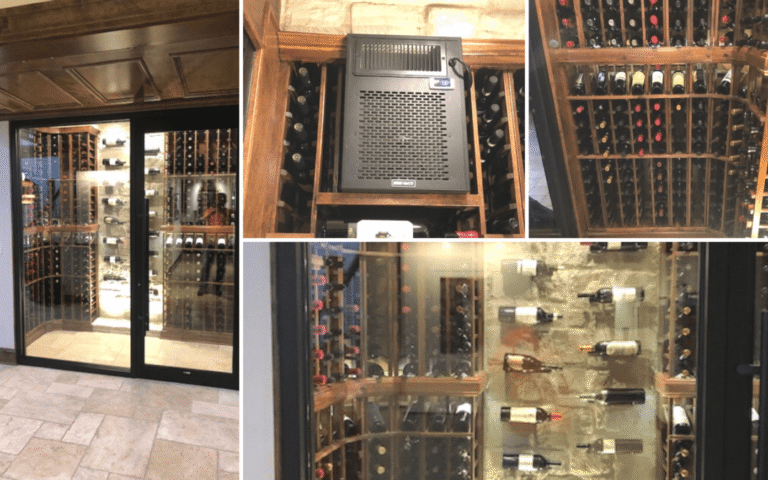How Do Luxury Items Affect Status and Confidence?

Luxury items have always been more than simple possessions. They carry symbolic weight, acting as indicators of wealth, social standing, and even personal taste. But beyond the sparkle of jewelry, the craftsmanship of a designer bag, or the precision of a luxury watch, lies a deeper question: do these items genuinely affect our sense of confidence and social identity, or do they merely project an image outward to others?
Psychologists and social researchers have long studied the relationship between material goods and self-perception. Their findings suggest that while luxury items can indeed elevate how people feel in certain contexts, the effect is complex and often tied to how individuals interpret symbols of status in society.
The Psychology of Status Symbols
Human beings are deeply social creatures. From early history, communities have used markers, from jewelry and clothing to homes and tools — as signals of social standing. These markers help establish hierarchy and identity within groups. In modern society, luxury items often fulfill the same role.
Surveys conducted by consumer psychologists consistently show that people associate luxury goods with confidence, competence, and authority. For instance, a respondent wearing a designer suit to an interview may not consciously feel different, but their body language often projects more assurance. Similarly, carrying or wearing a luxury brand can influence how others perceive someone’s credibility and success.
But psychologists caution against oversimplifying this relationship. Confidence does not emerge solely from possessions — it comes from self-awareness and lived experience. Luxury items may amplify an existing sense of self, but they rarely create it from scratch.
Luxury Items as Emotional Anchors
For many, luxury goods are more than status markers — they are emotional anchors. A watch inherited from a parent, for example, may hold sentimental value that transcends its market price. The meaning lies not in the object itself, but in the memories and identity it represents.
Take timepieces as an example. Brands like Tissot have earned reputations for blending craftsmanship with emotional resonance. A model such as the Tissot PRX does more than tell time — it carries associations of style, reliability, and achievement. For some, wearing such a watch is not about showing others their success, but about privately affirming milestones they’ve reached in life.
Psychologists often describe this as the “extended self,” where objects become part of how individuals define who they are. In this way, luxury items can quietly reinforce confidence without necessarily drawing public attention.
What Surveys Suggest
Studies exploring luxury consumption have uncovered interesting nuances:
- Confidence Boost in Public Spaces
Many participants reported feeling more assured when wearing or displaying luxury items in social or professional settings. The perception that others view them as successful enhanced their self-esteem temporarily. - Private vs. Public Confidence
Interestingly, some respondents admitted that luxury goods had little impact when they were alone. The psychological lift often came from the belief that others noticed the item, highlighting the social nature of confidence. - Generational Differences
Younger consumers tend to link luxury items more strongly with identity and self-expression, while older respondents often value durability, heritage, and design. For example, younger buyers may choose a sleek retro-inspired watch like the Tissot PRX as a way to express personality, whereas older consumers may value its timeless design and reliability.
The Double-Edged Sword
While luxury items can enhance confidence, psychologists warn that relying on them too heavily may create fragile self-esteem. If one’s sense of worth is tied entirely to external markers, confidence may falter when those markers are absent.
This doesn’t mean luxury items are harmful. Instead, it emphasizes the importance of balance. They can be part of a confident self-image, but they should not define it. A person’s values, relationships, and personal growth are far more enduring sources of confidence than any accessory.
Confidence Beyond Possessions
So, do luxury items really affect status and confidence? The answer lies somewhere in between. Yes, they can elevate how others see us and even how we see ourselves — but the effect is situational and temporary. True confidence is rooted in self-awareness, values, and personal authenticity.
Still, objects often act as reminders. Just as certain songs transport us back to pivotal moments, a watch, a bag, or a piece of jewelry can symbolize resilience, growth, or achievement. A well-crafted accessory like a Tissot PRX might not make someone inherently more confident, but it can remind them of the journey they’ve taken and the identity they’ve built.
read more : Must-Have Watches for Every Collection
Final Reflection
Luxury items occupy a fascinating place in human psychology. They are not mere possessions, but symbols, emotional anchors, and sometimes even silent affirmations of self-worth. When used thoughtfully, they can boost confidence and spark meaningful self-reflection about what we value most.
The key is perspective. Confidence is not purchased, but cultivated. Luxury items may shine a light on parts of ourselves, but the strength of that light ultimately depends on the foundation we’ve already built.






